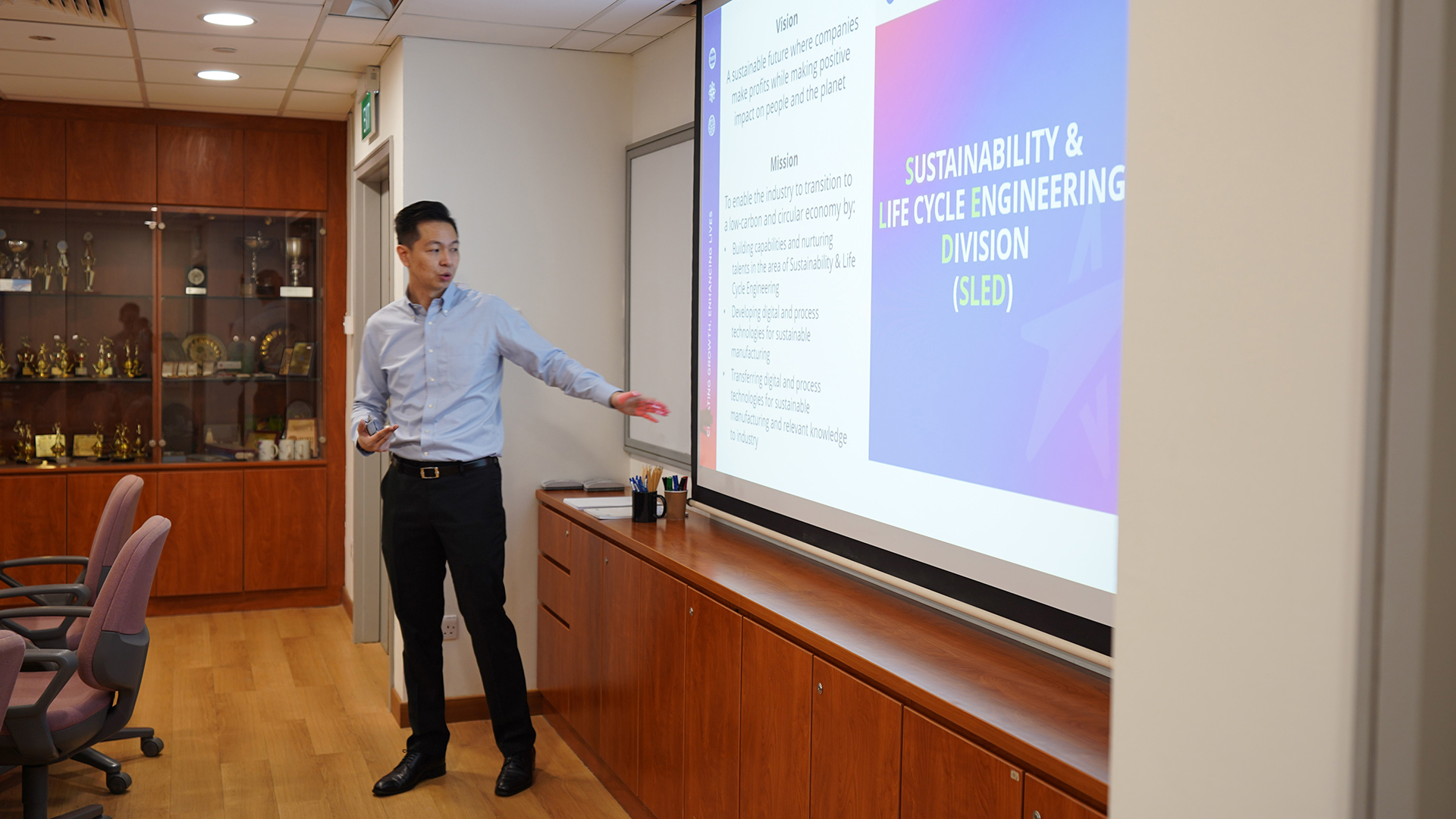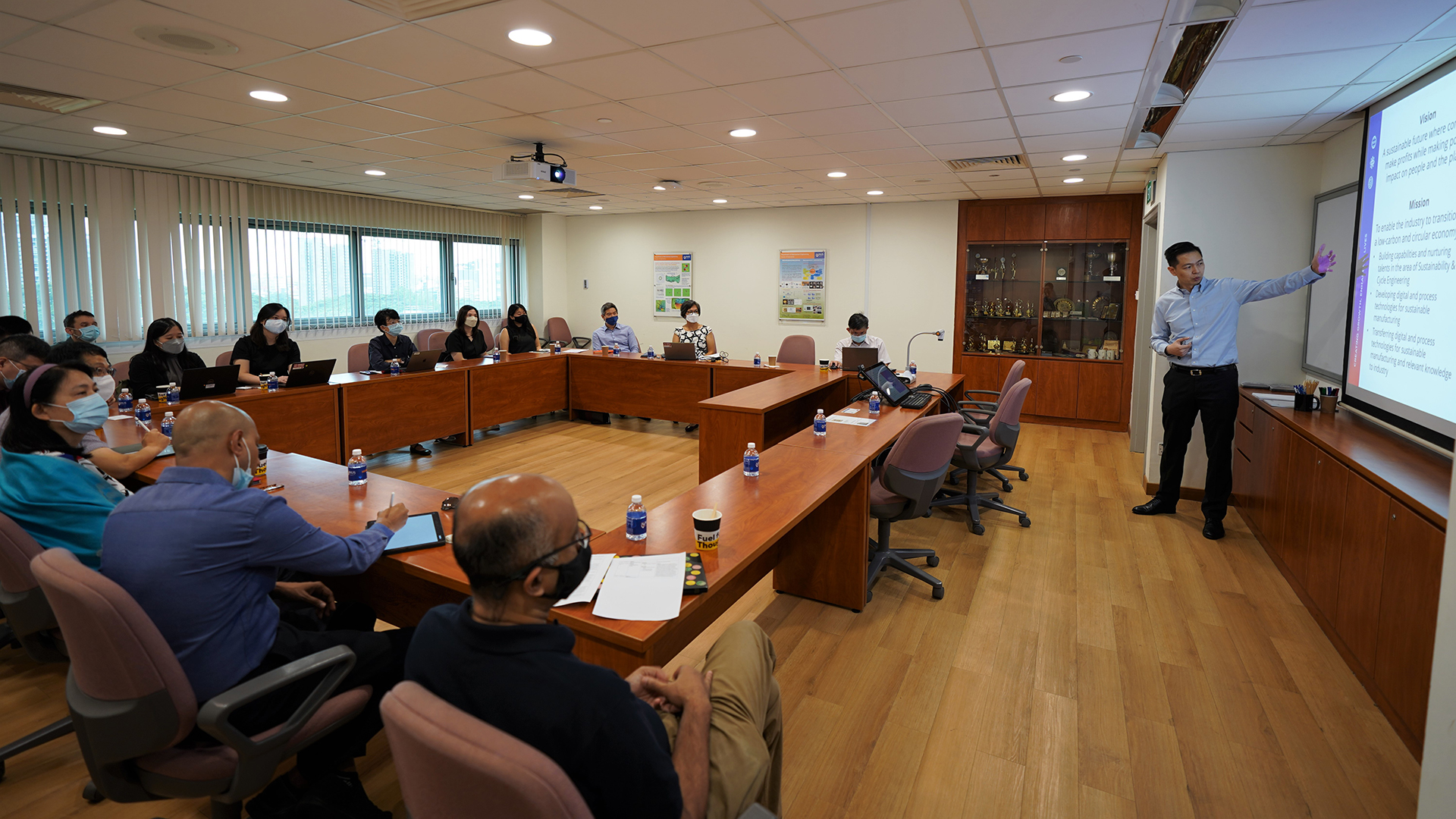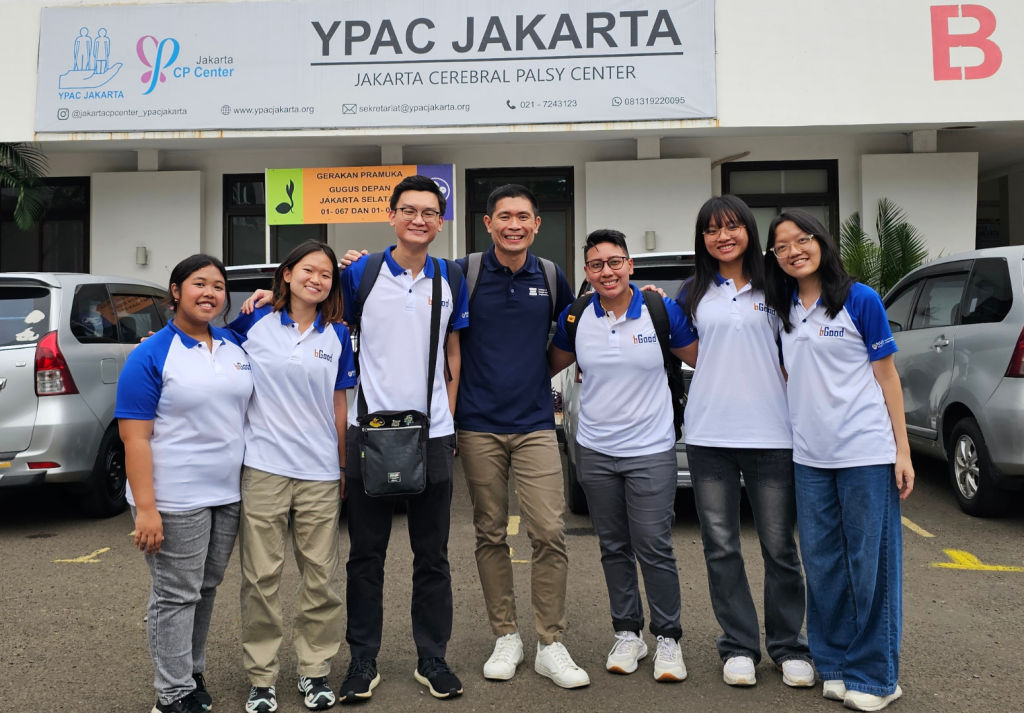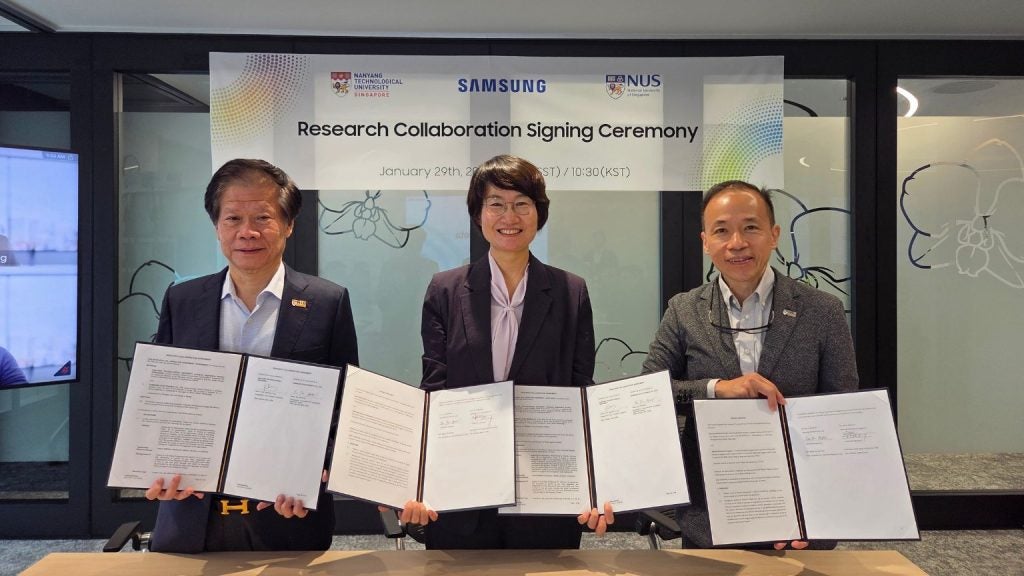
With the devastating effects of climate change now all too evident, research focusing on sustainability solutions has taken on increased urgency.
The College of Design and Engineering, NUS (CDE) has put such research front and centre, joining with partners keen to push forward on research that can alleviate some of these critical concerns.
The first workshop in the SIMTech & ARTC - NUS CDE Workshop Series was conducted on 30 June 2022.
Jointly organised by SIMTech (the Singapore Institute of Manufacturing Technology) and ARTC (Advanced Remanufacturing and Technology Centre) Research Liaison Office under A*STAR, as well as CDE, the workshop covered a range of topics including wastewater treatment and resource recovery, sustainable business models and service systems, and product sustainability by design.

Eleven faculty members from NUS CDE belonging to the Departments of Civil & Environmental Engineering, Mechanical Engineering, Industrial Systems Engineering and Management, and the Division of Industrial met with SIMTech researchers from the Sustainability & Life Cycle Engineering Division to share their research interests and expertise and identify complementary research areas for collaborations in education and research.
The collective research and industry expertise brought together resulted in the surfacing of several potential research complementary areas. These include:
-
- sensing and detection of contaminants in wastewater treatment;
-
- life cycle assessment, particularly for local context;
-
- circular economy and socio-economical aspects;
-
- a marketplace for facilitating industrial symbiosis and associated data management and analysis;
-
- having a suitable clean waste stream to be used as 3D printing feedstock;
-
- and use case of embodied carbon calculator.
For wastewater treatment, the team is keen to explore more rapid and reliable water quality assessment and sensors that can be used in-situ with the treatment processes for detecting chemical and pathogenic contaminants in real-time.
On industrial symbiosis, the team is keen to explore synergistic research activities that could further result in the industrial implementation of industrial symbiosis practices through enabling tools.
The SIMTech team expressed interest in leveraging CDE's strong research in 3D printing of novel materials, which could demonstrate the potential of novel materials and SIMTech can collaborate to translate this research into applications.
On the education front, the potential collaboration will include student co-supervision in the form of a final year project, system design / capstone project, internship, and post-doctorate studies.
The team will also pitch for joint applications for external funding.





